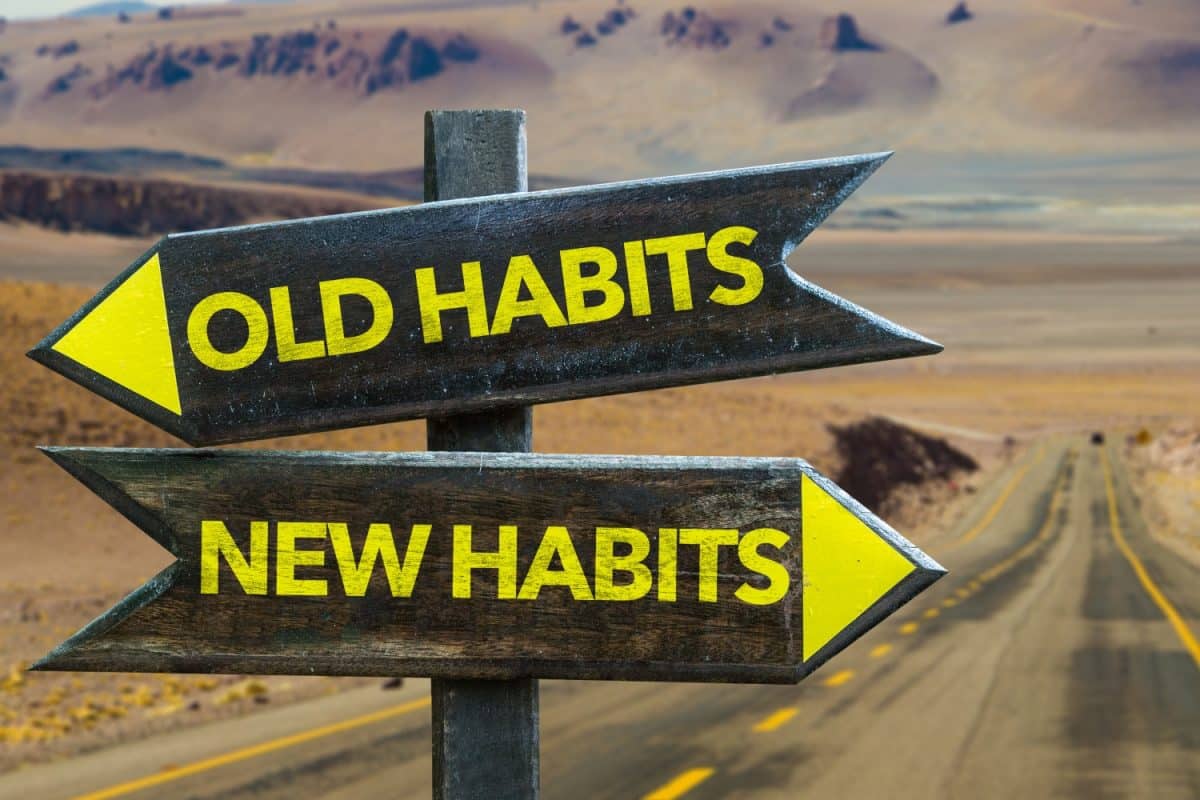Alcoholism sometimes referred to as alcohol addiction, is a prevalent disease that affects people from all backgrounds, regardless of gender, race, and life circumstances.
Substance abuse
Nobody is exempt when it comes to alcohol addiction or substance abuse.
Various factors can put you at risk of an alcohol use disorder, including:
- Behavioural factors
- Psychological factors
- Genetics
- Childhood or adult trauma
Understanding substance use disorder
Addiction specialists have extensively researched the factors that cause alcohol addiction and what might predispose someone to an alcohol use disorder.
Emotional trauma
Many experts believe that emotional trauma and adverse childhood experiences may put you at higher risk of alcohol addiction.
Environmental and genetic factors
On the other hand, some experts believe that genetics, life circumstances, and having a family history of substance abuse are significant components of substance misuse.
Alcohol abuse and alcoholism

Alcohol addiction is a real disorder that can cause significant changes to your brain and neurochemistry.
If you struggle with alcohol addiction, you may find that you often cannot control your behaviour or actions.
Additionally, you might find that your alcohol addiction dominates your entire life – and that you rely heavily on alcohol to get you through the day.
For many, staying sober for extended periods may seem impossible as the temptation to drink is too profound.
How does alcohol addiction unfold?
There are no absolutes with alcohol addiction.
Alcoholism manifests in various ways and is dependent on how regularly you drink, the alcohol you consume, and the severity of your addiction.
Many people binge drink and then stay sober for an extended period, while others drink heavily daily.
What are the health risks associated with alcohol addiction?
Studies show many health risks associated with alcohol addiction, most of which are fatal.
They include:
- Liver disease
- Heart disease
- Higher risk of developing cancer
- Diabetes
- Bone loss
- Eye problems, including vision issues
- Sexual issues
- Problems with immune function
- Mental health issues
Treating alcohol addiction early on
If you think you may have an alcohol addiction, you must seek help and support early on to prevent your addiction from worsening.
It is possible to minimise the risks of alcohol addiction if you seek treatment once you notice your symptoms.
Treatment provider
Moreover, almost all alcohol-related risks can be successfully treated and avoided, especially with an appropriate treatment provider and rehab program.
Risky behaviours and drunk driving
Studies from the Centres for Disease Control and Prevention (CDC) show that drunk driving is a prevalent issue for those with an alcohol use disorder.
Unfortunately, in the United States, up to twenty-eight people die daily from drunk driving.
When should someone enter an alcohol rehab program?
Broadly, anyone with an alcohol problem should enter rehab.
If you think you might be struggling with alcohol addiction, you must go to alcohol rehab as soon as possible to prevent your addiction from worsening.
Various rehab programs are available for different levels of substance abuse.
Staying sober
Ordinarily, once you complete a detoxification and inpatient rehabilitation program, you will likely return to everyday living.
Many people struggle to return to their routine once they leave inpatient treatment or any substance abuse program, which is expected.
Various events and situations may trigger alcohol cravings, fueling the temptation to drink.
Understanding your triggers
By understanding what triggers your drinking, you can avoid relapse and continue living a sober, alcohol-free life.
Studies show that most relapses occur in the first six months after treatment.
Thus, getting to know your triggers and how to protect yourself against them is an empowering, crucial way to avoid relapse.
Cultivating healthy relationships

The recovery process can be tricky since abstaining from substance use is essentially unlearning and relearning new, albeit more positive, habits.
However, the pathway to addiction recovery is not a linear one.
Inherently, treatment programs give you the tools to continue living a healthy, substance-free life after leaving an alcohol inpatient program.
During the recovery process, you likely endured some of the toughest challenges; detox, withdrawal symptoms, being away from home and friends and family members over an extensive period.
Maintaining sobriety
However, a different path lies ahead once you leave alcohol rehab; maintaining sobriety.
Developing healthy relationships with substance-free people is one of the keys to your recovery.
Such people may help create positive distractions (note the word positive in that sentence), encourage you to lead a healthier lifestyle and support any positive changes you wish to make in your life.
The above benefits your recovery and overall health once you leave an addiction treatment facility.
Aftercare
Before and after you enter an inpatient treatment facility, you and your treatment provider must have an appropriate aftercare plan.
Aftercare treatment plans make it much easier to integrate the next part of your treatment since you already know where to begin.
Typically, your treatment provider will suggest an aftercare plan to put you on the right path to recovery.
Life after alcohol rehab
Life after alcohol rehab can feel significantly different from how you previously lived.
Whether you are abstaining from drug use or alcohol, the treatment process is likely to have challenged some of your previous perceptions and ideas about yourself, other people, and the world.
For individuals in recovery, life after rehab should be a period of long-lasting sobriety and continued support and progress.
Entering rehab in the first place is a significant step – however, getting continued support from others is an imperative component of avoiding relapse.
Substance use disorder recovery
Many people find that joining support groups and maintaining a healthy lifestyle are beneficial ways to stay sober after leaving an inpatient treatment program.
Moreover, developing a sense of responsibility and accountability can be a healthy reminder for those in recovery to treasure their experiences within inpatient treatment.
Other people in addiction recovery find engaging in hobbies or attending church helpful.
Leaving inpatient treatment can be a scary prospect – however, engaging in activities that you enjoy can take your mind off destructive habits from the past, allowing you to focus on the present moment.
Treatment options for alcohol addiction

Fortunately, modern research and technology have given people various treatment options for substance abuse, including:
12 – Step programs
Many different 12-step programs are widely available, and most get tailored to meet the needs of each individual, taking into account a person’s religion, cultural values, and personal preferences.
Inherently, 12-step programs focus on accountability, including any actions and behaviours that may have led you to self-destruct.
12 -step programs are not about self-blame.
The focus of the 12 steps is fundamentally about accountability – assuming responsibility for broken relationships, admitting past mistakes and any hurt that might have been caused by addiction.
Primarily, the 12-step method originated with alcoholics anonymous.
However, such a process now extends to other forms of substance abuse, such as cocaine, heroin and crack addictions.
Therapy
Experts understand that substance abuse is more than a physical or mental dependence on a chemical.
Various factors cause alcohol addiction, and uncovering the root cause can be the difference between short and long-term recovery.
Imagine a rotting tooth.
Your dentist may conceal the throbbing pain with medication and rigorous tooth polishing.
Still, if the root cause of the issue remains, it is unlikely that your unpleasant symptoms will disappear.
The rotten tooth must get addressed and treated from the root – it’s the same with alcohol or other addictions.
Unresolved trauma, stress and other triggers often lead to alcohol and drug use.
Cognitive behavioural therapy and trauma treatment
Therapies such as cognitive behavioural therapy and trauma treatment can allow a person in recovery to understand and address their dependency problems holistically.
The mind-body connection is powerful; therefore, you must work with a therapist to understand what causes you to drink or take drugs while addressing your symptoms and coping mechanisms.
The key phrase with many addictions is ”coping mechanisms” – since many people use substances to cope with distressing feelings and emotions.
Therapy offers a profound opportunity for those in recovery to delve deep and understand why they feel the way they do or use certain substances to cope.
Support groups
Support groups and group therapy are integral to addiction recovery.
Such services allow people to connect with others who can relate to their experiences while offering each other tools and support.
Support groups provide those in recovery the platform to ask questions about treatment and discuss any worries or concerns they may have about their treatment plan.
Addiction treatment in South Africa
Studies show a profound shortage of health services in South Africa.
Moreover, in the Northern Cape, 36% of people admitted to inpatient treatment centres and rehabilitation for substance abuse were aged between 10 and 19.
The South African government is overwhelmed, and resources are invariably limited – especially when treating large numbers of patients.
Among many things, there needs to be a significant focus on dual – diagnosis and other treatments to empower young people and adults to stay off alcohol and drugs.
White River Manor
We specialise in treating various addictions and mental health disorders, including alcohol, drug and behavioural addiction, dual-diagnosis, depression, trauma and anxiety.
If you think you have any of the symptoms mentioned in this article – you must speak to an addiction specialist who can help.
Contact the White River Manor team today to begin your transformation.







